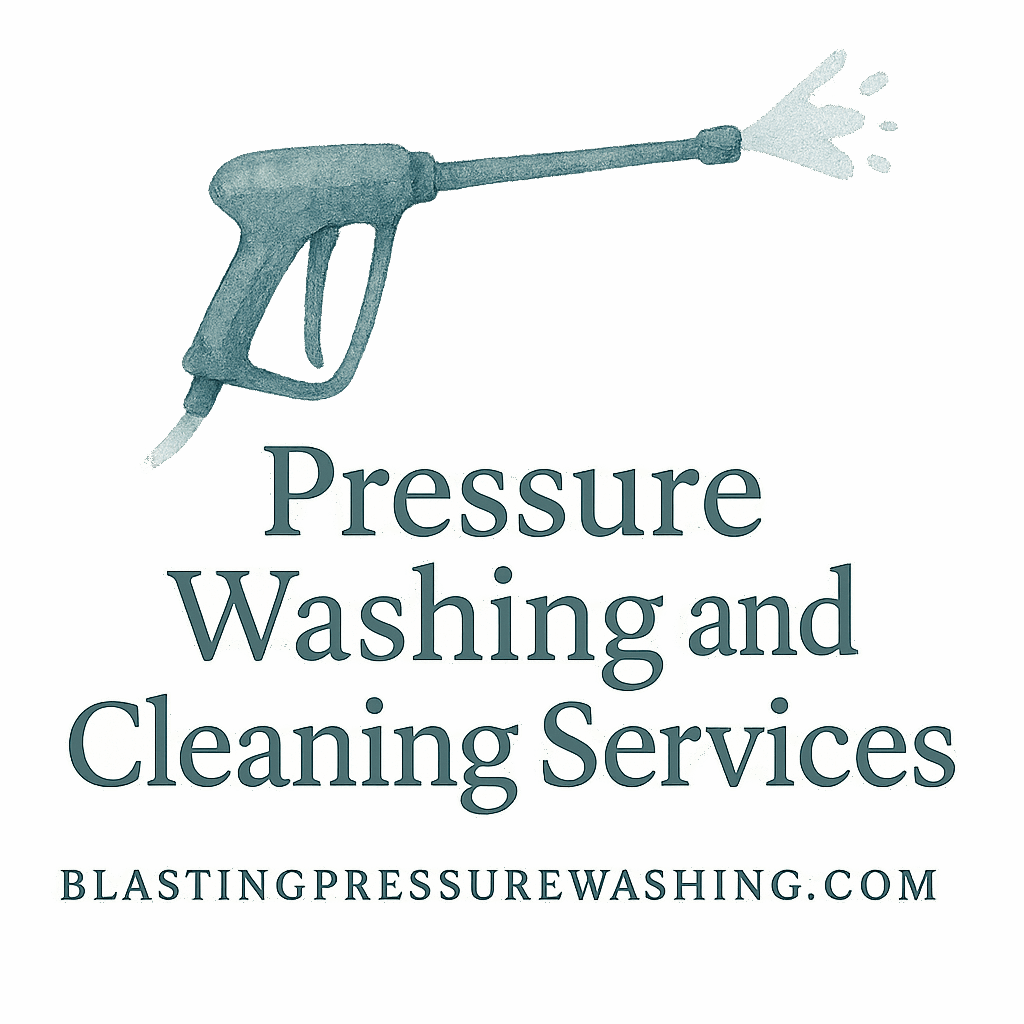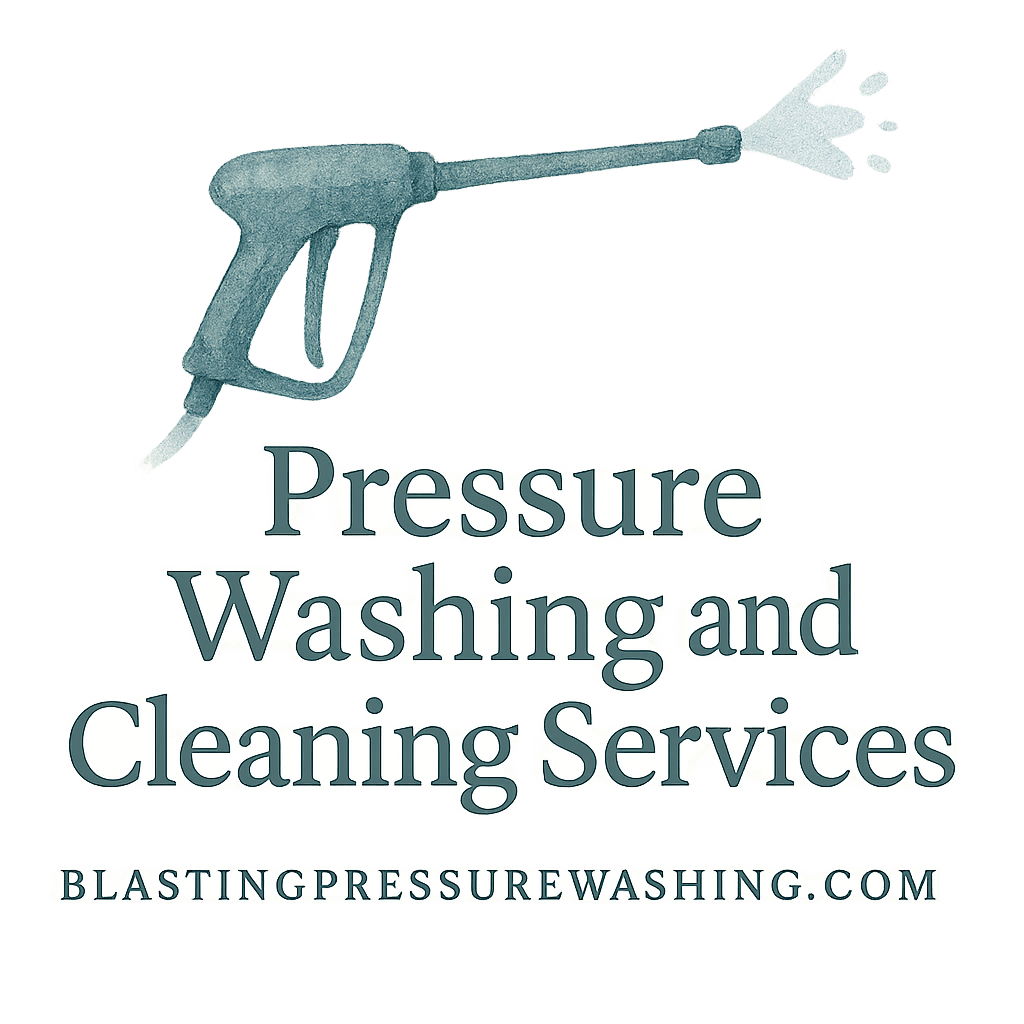Thinking about renting pressure washing equipment? Smart move—but don’t grab the first machine you find. Before you roll up your sleeves and blast away the grime, there are a few key things you need to understand.
Pressure washing might look simple, but trust me, there’s a bit more to it than just pulling a trigger. Whether you’re sprucing up your driveway, prepping for a home sale, or tackling a commercial job, knowing what you’re getting into can save you time, money, and potential damage.
Let’s break down the seven most important things to know before renting pressure washing equipment.
Why Rent Instead of Buy?
You might be wondering—should I just buy a pressure washer?
Pros of Renting Pressure Washing Equipment
Renting is ideal if:
- You only need it once or twice a year
- You don’t have storage space
- You don’t want to handle maintenance
- You want access to commercial-grade equipment
Situations Where Buying Makes More Sense
On the other hand, buying might be better if:
- You do regular cleanups
- You’re a property manager or contractor
- You’re looking for a long-term investment
For most homeowners and small business owners, renting offers the perfect balance between cost and convenience. If you’re not sure, check out Blasting Pressure Washing’s residential pressure washing guide for insights.
1. Understand the Job You’re Tackling
Pressure washing is not one-size-fits-all.
Residential vs Commercial Projects
Cleaning a backyard patio is way different from prepping a commercial storefront. Residential jobs usually need 1,300–2,400 PSI machines, while commercial ones may need something that hits 3,500 PSI or more.
Surface Type Matters
Different surfaces need different pressure. Wood decks? Lower pressure. Concrete driveways? Crank it up—but not too much. Too much pressure can damage your property. Learn more about safe pressure washing practices to avoid costly mistakes.
2. Know Your Pressure Washing Equipment Options
Not all pressure washers are created equal.
Cold Water vs Hot Water Units
- Cold water units are cheaper and easier to use.
- Hot water units clean oil, grease, and tough stains better—but they’re pricier and heavier.
Hot water machines are usually reserved for commercial use. If your project is heavy-duty, check out commercial pressure washing services as a potential alternative.
Electric vs Gas-Powered
- Electric washers are quiet, lighter, and good for indoor or small jobs.
- Gas-powered ones offer higher PSI and mobility, great for outdoor work.
Match the machine to your cleaning task—and your comfort level.
3. Pay Attention to PSI and GPM Ratings
You don’t need a monster machine to get the job done, but you do need the right specs.
What Is PSI and Why It Matters
PSI (pounds per square inch) measures water pressure. Here’s a quick guide:
- 1,300–1,800 PSI: Light jobs (cars, windows)
- 1,900–2,800 PSI: Home use (siding, fences)
- 2,900–4,000 PSI: Commercial-grade (concrete, paint prep)
GPM and Cleaning Efficiency
GPM (gallons per minute) tells you how much water the machine puts out. More GPM = faster cleaning. Look for a balance between PSI and GPM for maximum efficiency.
4. Safety Precautions Can’t Be Ignored
Let’s be real—these machines can be dangerous if misused.
Protective Gear to Use
Before you start, gear up:
- Safety goggles
- Waterproof gloves
- Closed-toe shoes
- Hearing protection (for gas units)
Handling High-Pressure Equipment Safely
Never point the nozzle at people or pets. Avoid ladders—use extension wands instead. Keep your stance solid and stay alert.
This guide offers detailed safety tips and pressure washing techniques worth checking out.

5. Check What’s Included in the Rental
Not all rental packages are created equal.
Hoses, Nozzles, and Attachments
Ask:
- Does it come with multiple nozzles?
- Are extension wands included?
- Is the hose long enough for your project?
Cleaning Agents and Detergents
Some machines are compatible with special cleaning agents or eco-friendly detergents. Ask if these are included or sold separately. Check out our post on pressure washing chemicals to learn which ones to avoid and which are safe.
6. Budgeting: Know the Costs Beyond the Daily Rate
Don’t let surprise fees ruin your weekend project.
Fuel, Insurance, and Extra Charges
Factor in:
- Gas (for gas-powered machines)
- Cleaning agents
- Damage waivers
- Late return fees
Weekend and Holiday Rates
Rates can spike on weekends or holidays. Call ahead or book online to lock in a rate. Some rental stores offer discounts for full-week rentals—ask about it.
Need more cost-saving tips? Check out seasonal pressure washing advice for timing your rentals just right.
7. Learn Basic Maintenance and Operating Tips
The store will probably give you a quick rundown—but it pays to know a few basics.
How to Start and Shut Down Properly
Always:
- Connect water first
- Bleed air from the system
- Never run dry!
At shutdown, run clean water through the detergent tank if used.
What to Do If It Breaks Down
Ask the rental company what to do in case of a malfunction. Most offer tech support or swap-out policies.
Renting vs Hiring a Pro: What to Consider
Still unsure?
Renting is great for simple projects and budget-conscious homeowners. But for large or high-risk jobs (like roof washing or multi-story buildings), hiring a pro might be safer and more effective. Explore options from professionals like Blasting Pressure Washing if you’d rather skip the learning curve.
Conclusion
So, before you grab that pressure washer and go full blast, stop and think. Renting can save money and give you access to powerful equipment—but only if you choose wisely.
By understanding the job, picking the right machine, using proper safety gear, and budgeting smartly, you’ll set yourself up for success. Whether it’s your driveway, patio, or siding—pressure washing can completely transform your space when done right.
Be sure to explore more expert tips on:
- Benefits and Safety of Pressure Washing
- Techniques and Tools
- Cleaning Agents and Eco-Friendly Solutions
FAQs
1. Can I use a pressure washer to clean my car?
Yes, but stick to a low PSI (under 1,800) and use the correct nozzle to avoid damaging paint.
2. How long can I rent pressure washing equipment?
Anywhere from a few hours to several days. Weekly rates often offer better value.
3. Do I need special training to operate a pressure washer?
Not necessarily, but basic instruction helps. Most rental companies provide a quick demo.
4. Can I use my own detergent?
Yes, as long as it’s approved for pressure washers. Avoid harsh chemicals that can damage the pump.
5. Should I pressure wash in cold weather?
It’s possible, but it’s trickier. For best results, follow seasonal pressure washing tips.
6. What happens if I damage the machine during the rental?
Most rental companies offer damage waivers. Always inspect the equipment before leaving the store.
7. What surfaces should I avoid pressure washing?
Delicate materials like old wood, stucco, and painted surfaces can be damaged. Use soft washing or consult a pro.


